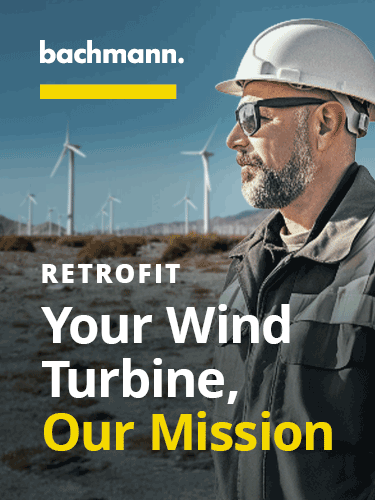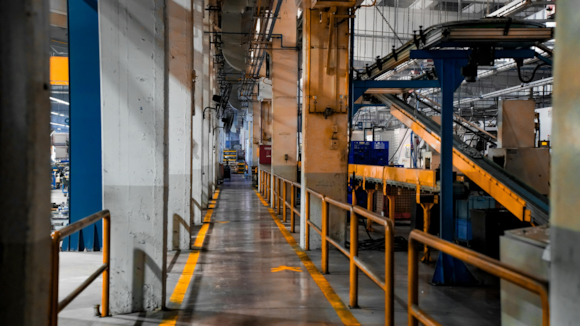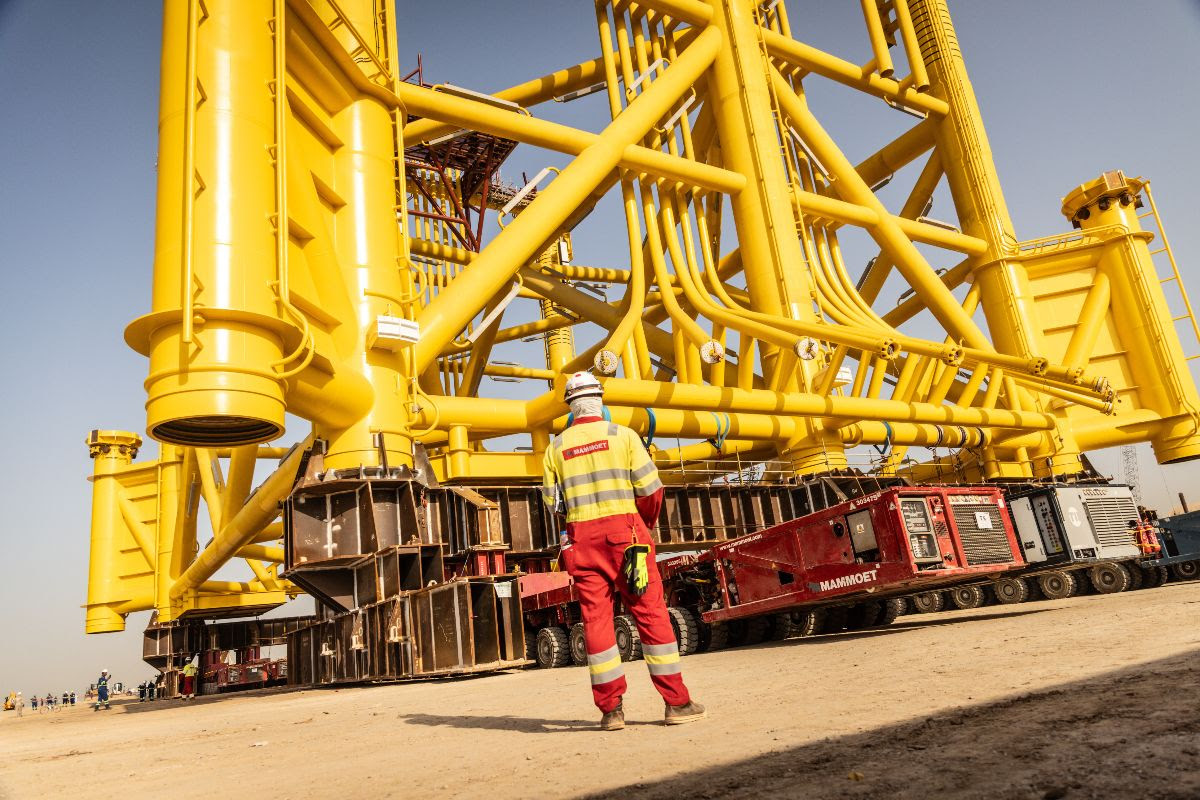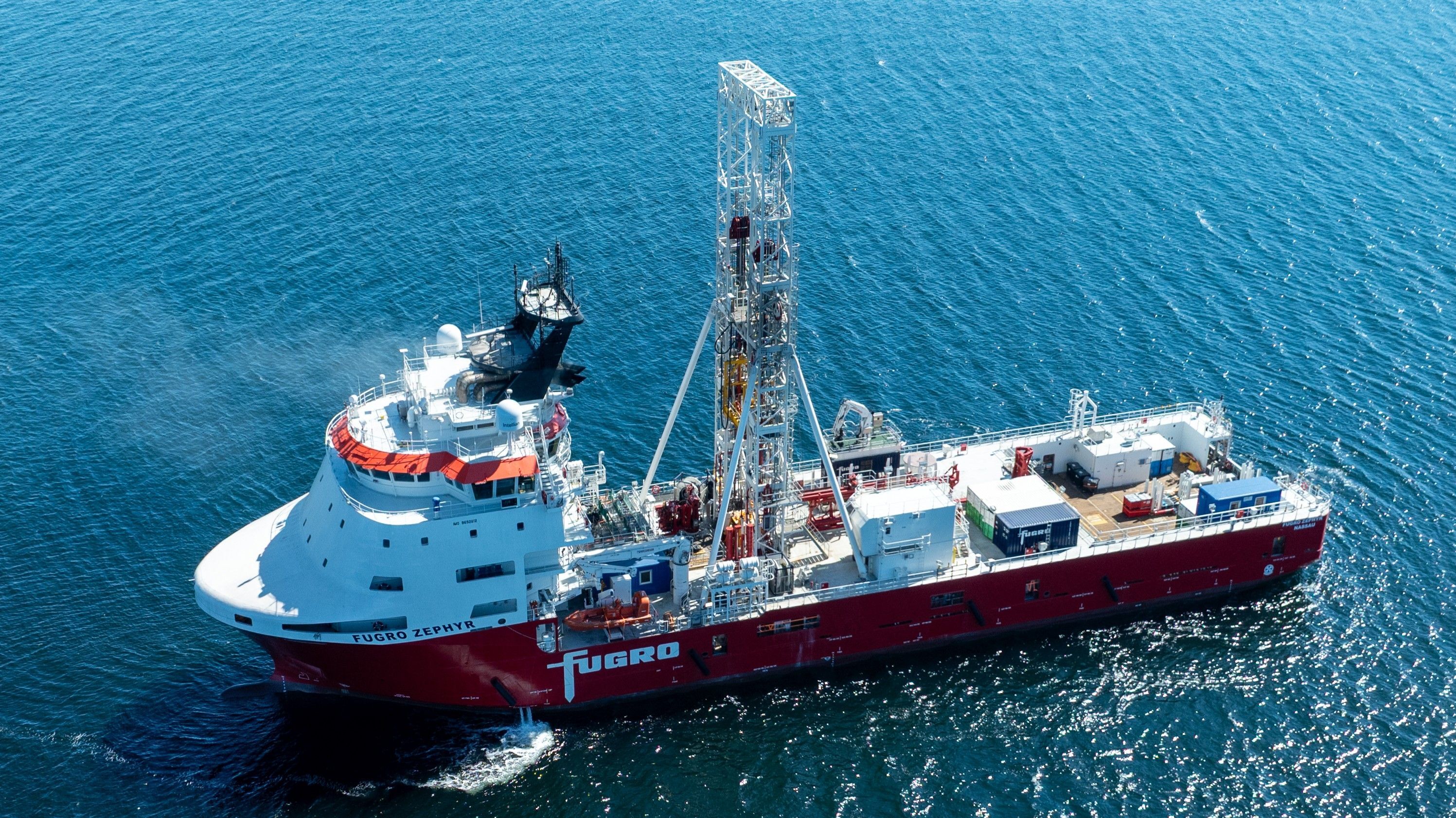News
Offshore wind must account for climate change in financial modelling - Youwind & Climate Scale
Published in: Wind, Press Releases
Barcelona, 12 June 2024 - Youwind Renewables, a leading provider of web-based solutions for optimizing early-stage offshore wind development, and climate modelling provider Climate Scale, have warned that the interplay between climate change and the natural variability of wind patterns introduces substantial uncertainties in the projection of wind resources, directly influencing the economic outcomes of offshore wind projects.
As offshore wind power generation is projected to increase 15-fold over the next two decades, transforming it into a $1 trillion industry, it is imperative that developers consider the future impacts of climate change on wind resources.
While offshore wind energy holds immense potential, its weather-dependent nature presents challenges that must be addressed to ensure the long-term viability and profitability of offshore wind projects.
For instance, the wind drought that swept across much of Europe during the summer and early autumn of 2021 led to a more than 30% reduction in energy production. Models show that events like these are likely to become more common..
This is backed up in a study conducted by Youwind in collaboration with Climate Scale, which was recently published in the IOP's Science Journal of Physics, Conference Series. The study involved analysing the impact of climate change on the economic indicators of an offshore wind park project. Three different 'socioeconomic pathways' were analysed for three key wind farm development areas: the Irish Sea (IS), the Princess Elizabeth Zone (PEZ), and Fortaleza, Brazil (BF). The results show that the effects of climate change led to a decline in the internal rate of return (IRR) for projects in the IS and PEZ sites starting from the 2040s onward, relative to IRR projections based on historical wind data. In contrast, the results for BF were neutral to positive.
This mirrors Climate Scale's models predicting that mid-latitudes of the Northern Hemisphere are likely to see the most significant negative impact from changes in atmospheric circulation due to climate change. This substantial variation in outcomes based on different climate models highlights the long-term uncertainty about how wind resources will change and shift.
This study was presented at the TORQUE 2024 wind energy conference in Florence. It underscores the importance of incorporating long-term climate scale models into project planning and financial analysis. The timeline of offshore wind projects must be considered - across 30+ years of an asset's lifetime, wind patterns may change, affecting project costs, energy production, and overall profitability. This comprehensive approach will enable developers to identify potential risks and make informed decisions that enhance the resilience and sustainability of their projects.
"Providing developers with the tools to account for the impact of climate change on offshore wind projects, as well as navigate the uncertainty of climate scenarios, is essential" said Pieter Gebraad, Chief Development Engineer at Youwind. "Climate modelling offers critical insights into how global warming affects atmospheric circulation and wind patterns. By combining our expertise with climate change modelling experts, we can provide a more comprehensive understanding of potential risks and opportunities, ensuring that wind farms are resilient and economically viable in the face of changing wind patterns."
Off the back of this initial collaboration with Climate Scale, Youwind is actively developing solutions to better address the impacts of climate change on wind energy projects, ensuring a resilient and sustainable future for offshore wind development.
Notes to Editors
The joint study from Youwind and Climate Scale referenced in this press release showcases a methodology to analyse the impact of climate change on the economic indicators of an offshore wind park project. Projections of changes in wind resources are obtained using an ensemble of statistically downscaled Coupled Model Intercomparison Project 6 (CMIP6) for different socio-economics pathways and time periods. The study finds that the effect of changes of resource on IRR and LCOE depends on the region, scenario, and projection period. In general, and conditioned on the assumptions underlying this study, impacts on IRR are more significant than on LCOE, with for instance projected reductions ranging from 0.5% to 1% for the site in Brazil.
About Youwind
Youwind is the web-based solution for accelerating offshore wind development.
Founded in 2019 by industry engineers with over 15 years' experience in offshore wind development, Youwind's innovative technology streamlines and optimises the initial phases of offshore wind project development, reducing early-stage development timelines by 80%.
By leveraging a highly accurate, but flexible database, critical decision making in project development, including design, can be made in seconds.
Partnering with some of the most respected research institutions, such as TU Delft and DTU, Youwind continues to innovate to address current and future offshore wind development challenges, ensuring a consistently evolving solution for project modelling, optimization and yield performance.
To find out more, visit: https://youwindrenewables.com/








.jpg)


